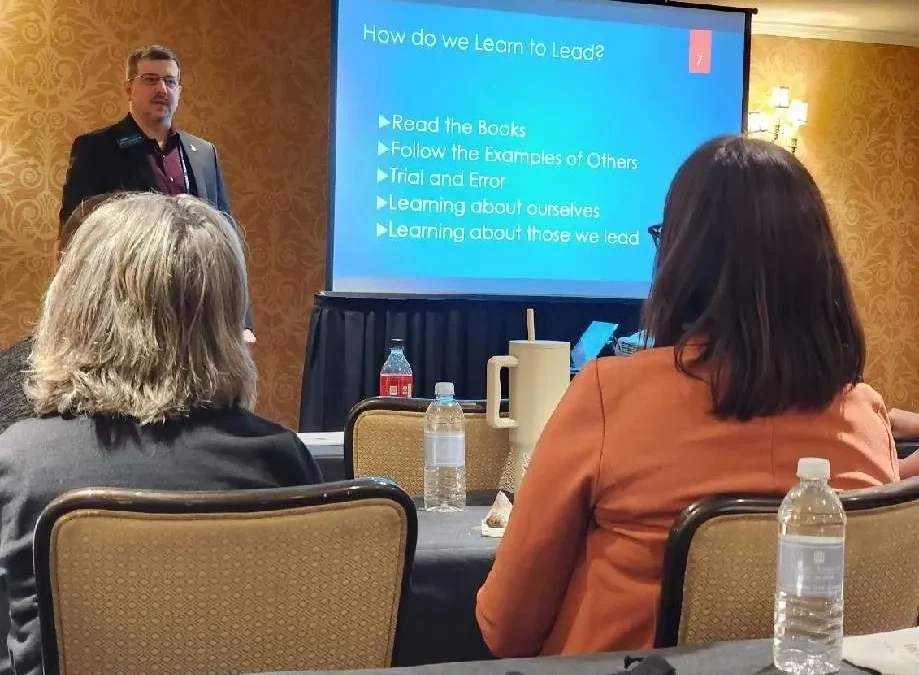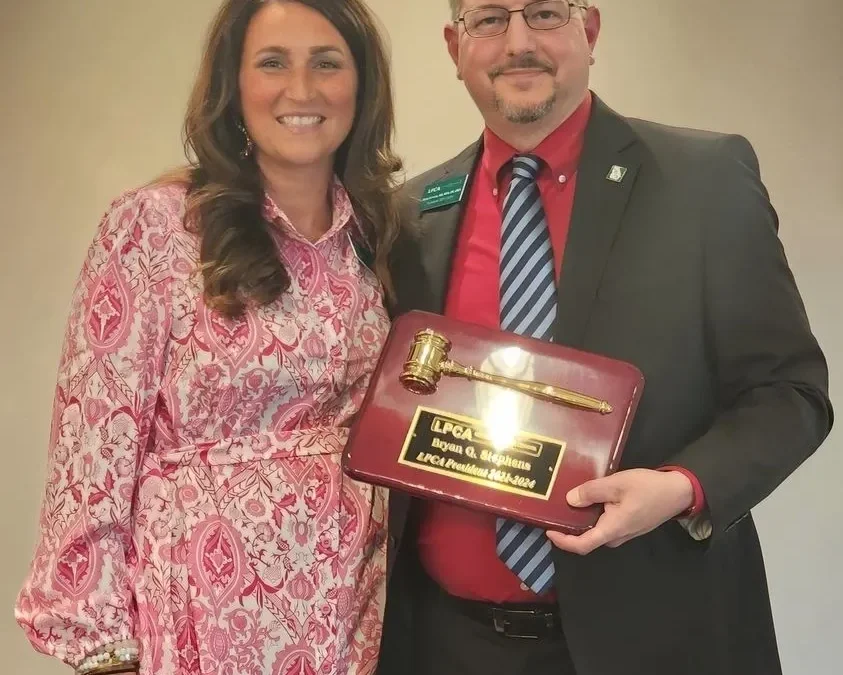This is part one in a series on Hiring With Purpose. You can read Part two Here
I spent the first quarter century in the workplace with the same organization, moving up through the ranks. As such, I had the opportunity to conduct numerous interviews with job candidates and absorb much about the art of interviewing.
Because of my experience people looking for jobs have come to me for advice on how to interview. In those conversations, I have discovered something alarming: There are people going to interviews who never hear anything back. When did this become okay?
The modern dating term for not responding to another’s calls, texts, or emails is called “Ghosting.” It is a way to avoid difficult conversations, or even saying “It’s over.” It is rude and cowardly. And now, unfortunately, it is part of the interview process.
I have been on both sides of the job hunt, and I can say without a doubt, hiring someone is much less stressful than trying to get hired when you do not have a job. Maybe it is this imbalance that leads people to think ghosting an applicant is reasonable.
However, if you have interviewed them, with a promise to get back, then you should fulfill that promise; if it is too painful to call, at least send an email or a letter.
People looking for jobs, especially when they are currently unemployed, are usually desperate. They are thrilled to get an interview, even if it is of the information variety, because there is a chance is may lead to work. This is the opportunity to show their capabilities and why they are better than other applications.
Most prepare the night before. For example, one man I know used the day before to drive to the site to make sure he knew the traffic patterns. And he also bought a new coat to wear for the interview. He was told he was a strong candidate, and a decision would be made by the end of the week. Then he never heard from them again.
No call. No Email. Nothing. He later learned the job went to an internal candidate.
I also know a woman who is returning to work after raising her children. She applied where she used to work and was interviewed. It ended in a similar story. She was told a decision would be made “by Thursday or Friday.” That was the last she heard from the organization.
I just shake my head at these stories. We all should. “I will get back with you, shortly” can be crushing when there is nothing afterward.
Morally, it is just as important to communicate with the person who did not get selected as it with the person who did. Rejected candidates need to continue their search fully invested in the next opportunity. If your position is not the one for them, they deserve to know as soon as a decision is made.
When conducting an interview, I have always been the one who follows up. I am not willing to depend on an HR response. My integrity is on the line as the interviewer.
Leadership means making that uncomfortable phone call or writing that disappointing email. If you cannot do that with someone you did not hire, how on earth can you expect to deliver bad news to someone who works for you? Tackling difficult conversations are at the core of leadership. It’s best to be up front from the start.
Of course, getting ghosted does have one positive side: You know much more about the person who interviewed you, which leads you to wonder what other poor leadership traits would have cropped up had you been hired.
Would you want to work for a boss that ghosts applicants? I know I wouldn’t.
Bryan G. Stephens is a former executive on a mission to transform the workplace. He is the founder and CEO of TalkForward, a consulting and training company, utilizing Bryan’s clinical and management expertise to develop managers and teams in a corporate environment. As a licensed therapist with strong understanding of developing human potential, he is dedicated to the development of Human Capital to meet the needs of leaders, managers, and employees in the 21st Century workplace.
Bryan has an Executive MBA from Kennesaw State University, Coles School of Business, and both a Master’s and Bachelor’s degree in Psychology.






